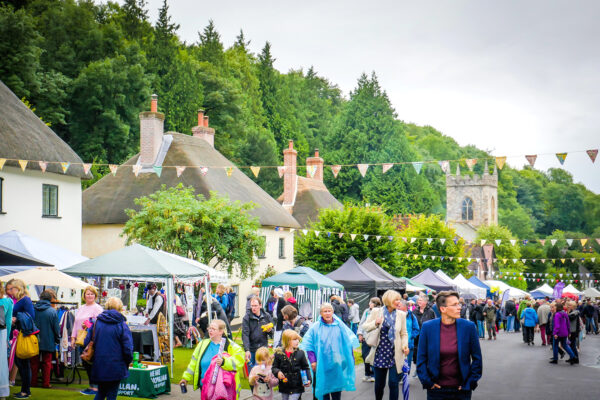
“Normal” may not be the best word to describe the situation in the United Kingdom, where 60,773 people, including Prime Minister Boris Johnson, are known to have contracted coronavirus disease and 7,097 with the infection have died.
Yet after years during which Britain’s exit from the European Union overshadowed everything, there are also signs that political life on the island is returning to normalcy.
As the government has tightened restrictions on public life in order to contain the outbreak, communities across the country are helping each other out. Almost every neighborhood now has a “COVID-19 Community Group” that organizes care for the needy and most vulnerable. Bitter divisions over Brexit have been set aside.
The BBC has regained its role as the voice of the nation after years of being a political football in the culture war over Brexit. Much like Britons crowded around the radio during World War II, families sit down at 5 PM to watch the government broadcast.
Although a non-Christmas Day broadcast from Queen Elizabeth II is unusual, her last one being in 2012 to mark her Diamond Jubilee, Sunday’s helped the country feel normal. If anything, her absence had been noted as abnormal, especially after it was reported that her son, Prince Charles, had contracted the virus. Her message, with its subtle hints to World War II — the foundational myth of modern Britain — reassured viewers the country will overcome this latest threat.
Labour elected a new leader. Although Keir Starmer’s victory was announced online rather than at a conference, it still marked the end of four years during which the party was controlled by its far-left fringe and gives the country a credible opposition once again.
Finally there is the National Health Service, which is so beloved that it is described as the closest thing Britain has to a national religion. Despite years of cost-cutting, it is so far coping. A field hospital built in London named NHS Nightingale may not be as urgently needed as thought.
The pandemic has brought about many abnormalities in the last few weeks, but it has also reinvigorated, or coincided with, aspects of British life that were typical just a few years ago. Let’s hope that, once the virus departs, those attributes will remain.
